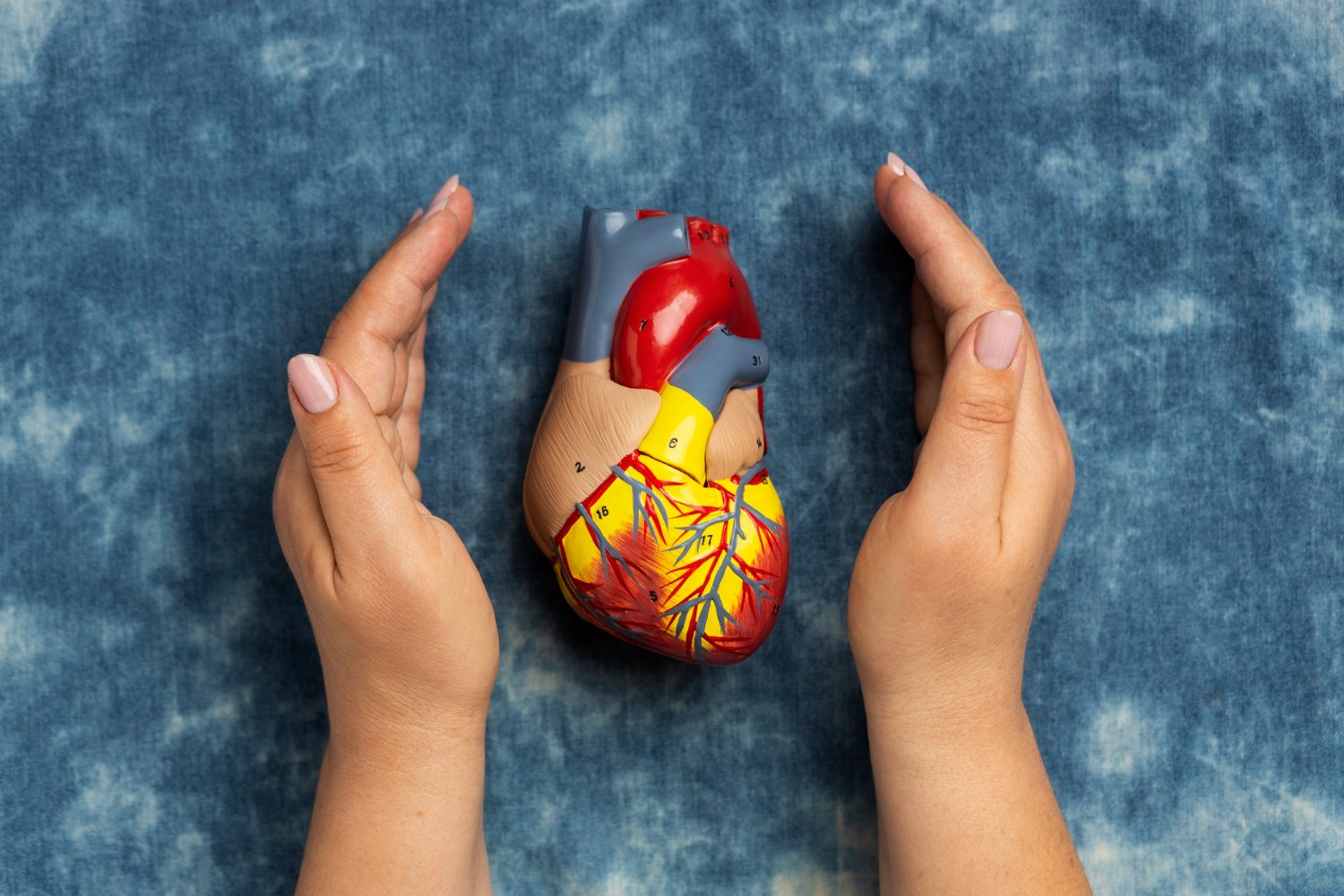
Understanding Arrhythmias
Arrhythmias, often referred to as dysrhythmia, is a condition where your heart beats irregularly. Normally, your heart beats in a steady, coordinated rhythm, ensuring that blood is efficiently pumped throughout your body. These disruptions in the heart’s rhythm can affect how well the heart pumps blood, leading to a variety of health issues.
Causes of Arrhythmias
A variety of factors may contribute to arrhythmia development, including:
1. Heart Conditions
Coronary artery disease, heart attacks, and cardiomyopathy can damage the heart’s structure, leading to arrhythmias.
2. Electrolyte Imbalances
Electrolytes like potassium, sodium, calcium, and magnesium are crucial for the electrical impulses in the heart. An imbalance can trigger arrhythmias.
3. Medication
Certain medications, especially those that affect the heart or blood pressure, can cause arrhythmias as a side effect.
4. High Blood Pressure
Hypertension can lead to the thickening of the heart walls, disrupting electrical signals.
5. Thyroid Problems
Hyperthyroidism or hypothyroidism can affect the heart’s rhythm.
6. Lifestyle Factors
Smoking, excessive alcohol intake, caffeine, and stress can all increase the risk of arrhythmias.
7. Genetics
Some arrhythmias, such as Long QT syndrome, are hereditary and can be passed down through families.
Symptoms of Arrhythmias
Arrhythmias can present with a variety of symptoms, or in some cases, none at all. Common symptoms include:
1. Palpitations
A feeling of skipped beats, fluttering, or a rapid heartbeat.
2. Dizziness or Lightheadedness
Resulting from a decrease in blood flow to the brain.
3. Shortness of Breath
Difficulty in breathing can occur due to an inefficient heart function.
4. Chest Pain
Discomfort or pain in the chest can be a sign of a more serious arrhythmia.
5. Fatigue
Feeling unusually tired can be a symptom of an arrhythmia, especially if the heart is not pumping effectively.
6. Fainting (Syncope)
A sudden loss of consciousness can occur if the brain does not receive enough blood.
Diagnosing Arrhythmias
Diagnosing arrhythmias requires a thorough examination and a combination of diagnostic tests:
- Electrocardiogram (ECG or EKG): This test records the electrical activity of the heart and is the most common tool used to detect arrhythmias.
- Holter Monitor: A portable device worn for 24 to 48 hours that continuously records the heart’s rhythms.
- Event Monitor: Similar to a Holter monitor, but used for longer periods, typically 30 days, to detect intermittent arrhythmias.
- Echocardiogram: An ultrasound examination of the heart that shows its structure and function.
- Stress Test: During physical exertion, the stress test monitors the activity of the heart.
- Electrophysiological Testing: A more invasive test where catheters are threaded through the blood vessels to the heart to map the electrical activity.
Treatment Options for Arrhythmias
There is a wide range of treatment options available for arrhythmias, depending on their type and severity. Options include:
- Medications: Antiarrhythmic drugs help control the heart rate or rhythm. Doctors may prescribe blood thinners and anticoagulants to prevent clots, especially in patients with atrial fibrillation.
- Lifestyle Changes: Reducing stress, quitting smoking, and limiting alcohol and caffeine intake can lower the risk of arrhythmias.
- Electrical Cardioversion: A procedure where a controlled electric shock is delivered to the heart to restore a normal rhythm, often used in cases of atrial fibrillation.
- Catheter Ablation: This minimally invasive procedure involves threading catheters through the blood vessels to the heart. The medical team destroys the areas causing the abnormal rhythm using radiofrequency energy.
- Pacemaker: A small device implanted under the skin that helps regulate the heart rate by sending electrical impulses to stimulate the heart.
- Implantable Cardioverter Defibrillator (ICD): Similar to a pacemaker, this device monitors the heart rhythm and delivers shocks if a life-threatening arrhythmia is detected.
- Surgery: In rare cases, surgical intervention may be necessary, especially if other treatments are not effective. Procedures such as Maze surgery create a pattern of scar tissue in the heart to redirect electrical signals.
Living with Arrhythmia
Managing arrhythmias is a lifelong process that requires collaboration between the patient and the healthcare team. Regular follow-ups, adherence to treatment plans, and lifestyle modifications are crucial to maintaining a healthy heart rhythm.
At HOSMAT Hospitals, the best cardiology hospital in bangalore, our cardiology specialists are dedicated to providing personalized care for patients with arrhythmias. From diagnosis to treatment and ongoing management, we offer comprehensive services to help you live a healthy life.
Conclusion
Arrhythmias are a complex and varied group of conditions that require specialized care. Understanding the causes, recognizing the symptoms, and knowing the treatment options can empower patients to take control of their heart health. If you experience any symptoms of arrhythmia, don’t hesitate to seek medical attention.
For more information or to schedule a consultation, contact HOSMAT Hospitals, the best multispeciality hospital in Bangalore, today. Throughout the process, our team of experts will guide you.
Disclaimer: The information in this blog post is intended for educational purposes only and is not a replacement for professional medical advice. Always consult a qualified healthcare provider for any health-related concerns.

